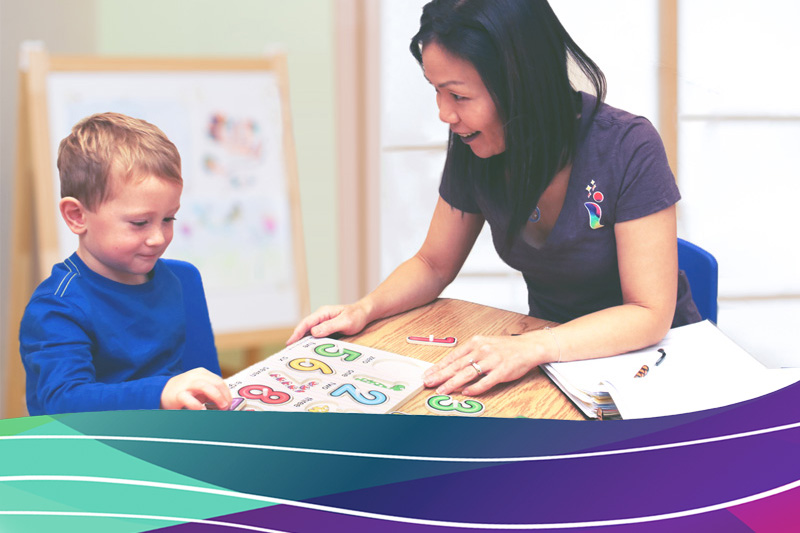Lead Author: Kaori Nepo, PhD, BCBA-D, Director of Behavior Services – PA Region
Kaori Nepo, PhD1, Matt Tincani, PhD2 , and Saul Axelrod, PhD2
Abstract
The use of mobile devices has become a major medium of leisure engagement for the general population. However, individuals with intellectual disabilities (ID) experience disparities in technology access, which may limit their engagement in mobile device-based leisure. Little research has examined procedures for teaching individuals with ID to engage in leisure activities with technology. Employing an iPad2, the present study examined the effects of an intervention package with most-to-least prompting on independent leisure engagement of six adults with autism spectrum disorder (ASD) and ID.
In addition, the impact of teaching visual schedule use to increase their independence in leisure engagement was assessed. Results indicated that the interventions were effective in increasing the participants’ independent leisure engagement and their duration of leisure engagement. Caregivers reported high degrees of satisfaction with the interventions.
Read Full Paper at SAGE Journals >>> https://doi.org/10.1177/1088357620943500



